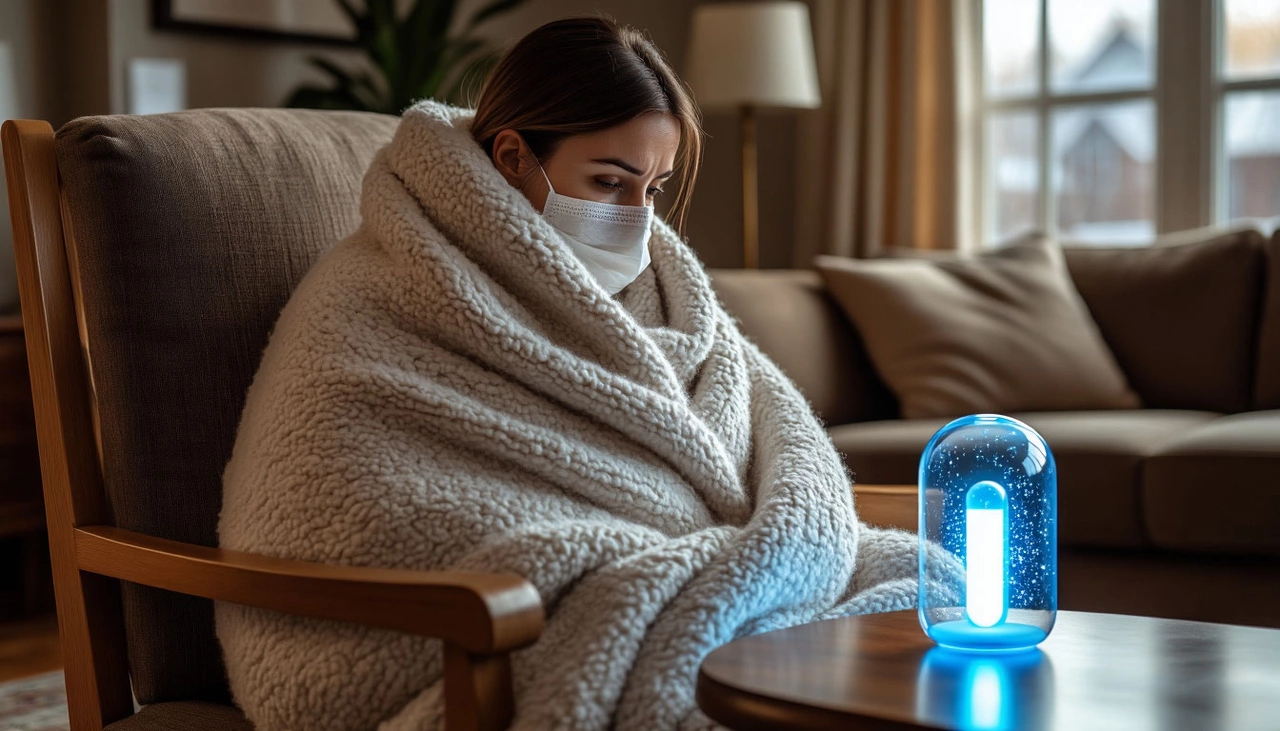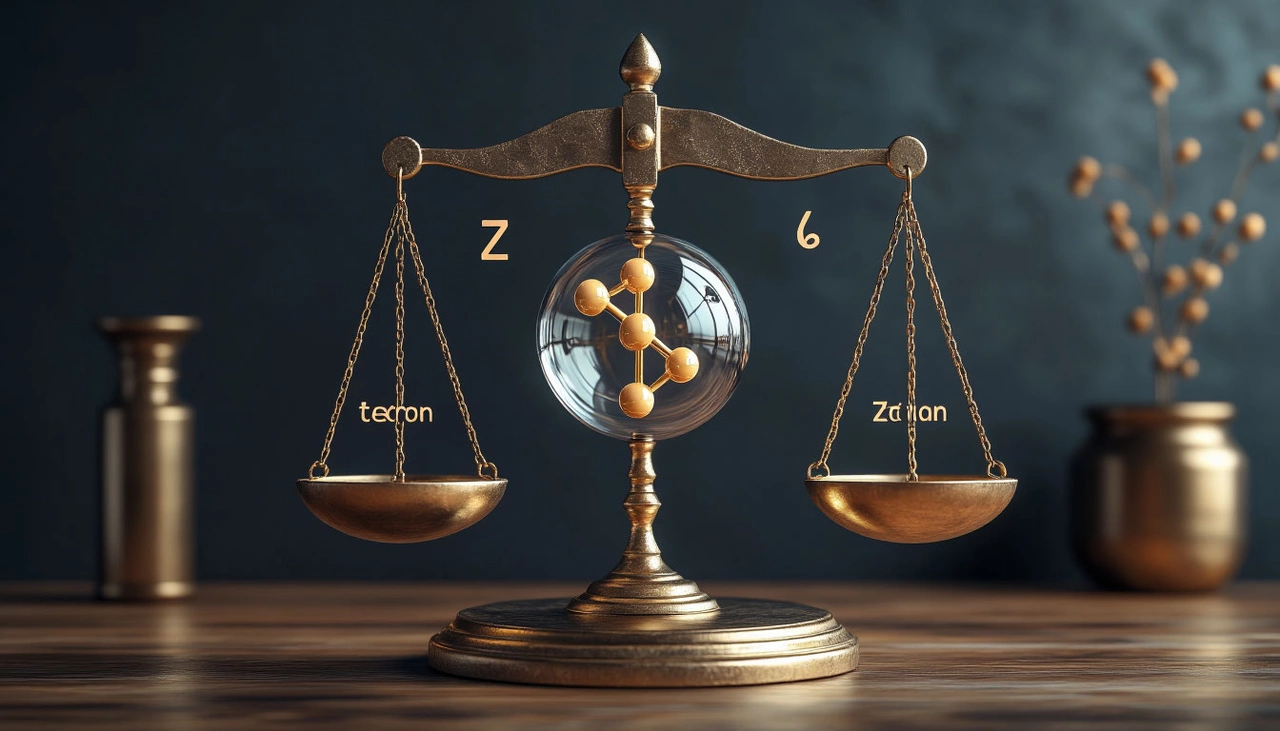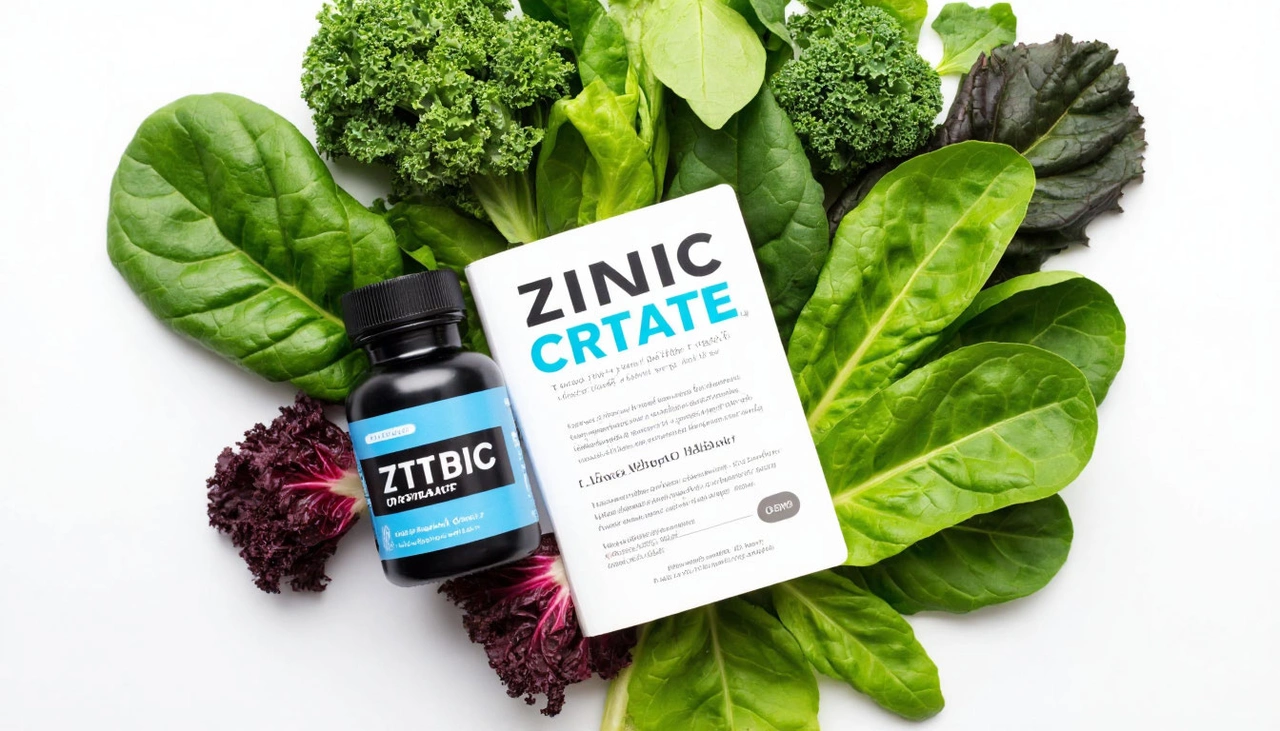🧬 Zinc: Your Hidden Ally Against Acne, Fatigue & Frequent Colds
⚖️ Subtle Symptoms, Powerful Deficiency
It’s easy to blame fatigue on stress, acne on hormones, and frequent colds on bad luck. But what if all these issues share one root cause? Zinc is an essential trace mineral involved in over 300 enzymatic reactions, yet it’s one of the most overlooked nutrients. From your immune system and skin to mood and hormone regulation — zinc works behind the scenes to keep your body in balance.
🦠 Immunity: Zinc as Your First Line of Defense
Zinc plays a central role in activating T-cells and natural killer cells, the immune system’s soldiers that fight off viruses, bacteria, and even cancerous cells. When zinc is low, immune responses become sluggish, and infections — from the common cold to herpes outbreaks — become harder to shake off.
✔️ Studies show that supplementing with zinc can reduce the duration and severity of colds when taken at the onset of symptoms.

🧖 Skin & Hair: Clearer, Healthier From Within
Zinc helps control the production of sebum, supports wound healing, and calms inflammation — which is why dermatologists often include it in treatment plans for acne, seborrheic dermatitis, and rosacea.
🔍 Clinical reviews confirm that people with acne often have lower zinc levels, and supplementation helps reduce inflammatory lesions and flare-ups. Zinc also supports hair strength and scalp health, making it essential in managing hair loss linked to stress or nutritional imbalance.
🧬 Hormones: A Silent Regulator
Zinc influences the production and regulation of key hormones. In men, it helps maintain optimal testosterone levels, while in women, it plays a role in balancing estrogen and progesterone — crucial for cycle regularity and mood stability.
⚠️ Deficiency may show up as:
- Fatigue
- Decreased libido
- Irregular menstrual cycles
- PMS-related breakouts
- Thyroid dysfunction
Zinc also supports the thyroid gland, which manages metabolism and energy levels. No wonder low zinc often leaves you feeling drained or moody for no obvious reason.

🚩 Who's at Risk for Zinc Deficiency?
You might be more vulnerable to low zinc if you:
- Have frequent infections or slow wound healing
- Struggle with hormonal imbalances or irregular periods
- Are vegetarian or vegan (plant-based zinc is harder to absorb)
- Consume alcohol, caffeine, or sugary foods frequently
- Live under chronic stress
These lifestyle factors interfere with zinc absorption or increase your body’s need for it.
🥄 How to Restore Zinc Levels Safely
Recommended intake varies by age and gender, but it’s not just about how much zinc you take — it’s about how well it’s absorbed.
✅ Look for bioavailable forms like:
- Zinc Citrate
- Zinc Picolinate
- Zinc Gluconate
These forms are gentle on the stomach and have high absorption rates, making them ideal for daily use, even long-term.
💡 Take zinc with food to minimize any potential digestive discomfort. And avoid combining it with high-iron or calcium supplements, which may compete for absorption.

🌿 Zinc: The Invisible Shield You Didn’t Know You Needed
With its far-reaching effects on immunity, skin clarity, hormonal balance, and energy, zinc is not just a supplement — it’s a foundational nutrient. And because the body doesn’t store large reserves, consistent replenishment is essential. If you’ve been chasing different fixes for fatigue, acne, or frequent illness, the answer might be simpler than you think.
Close